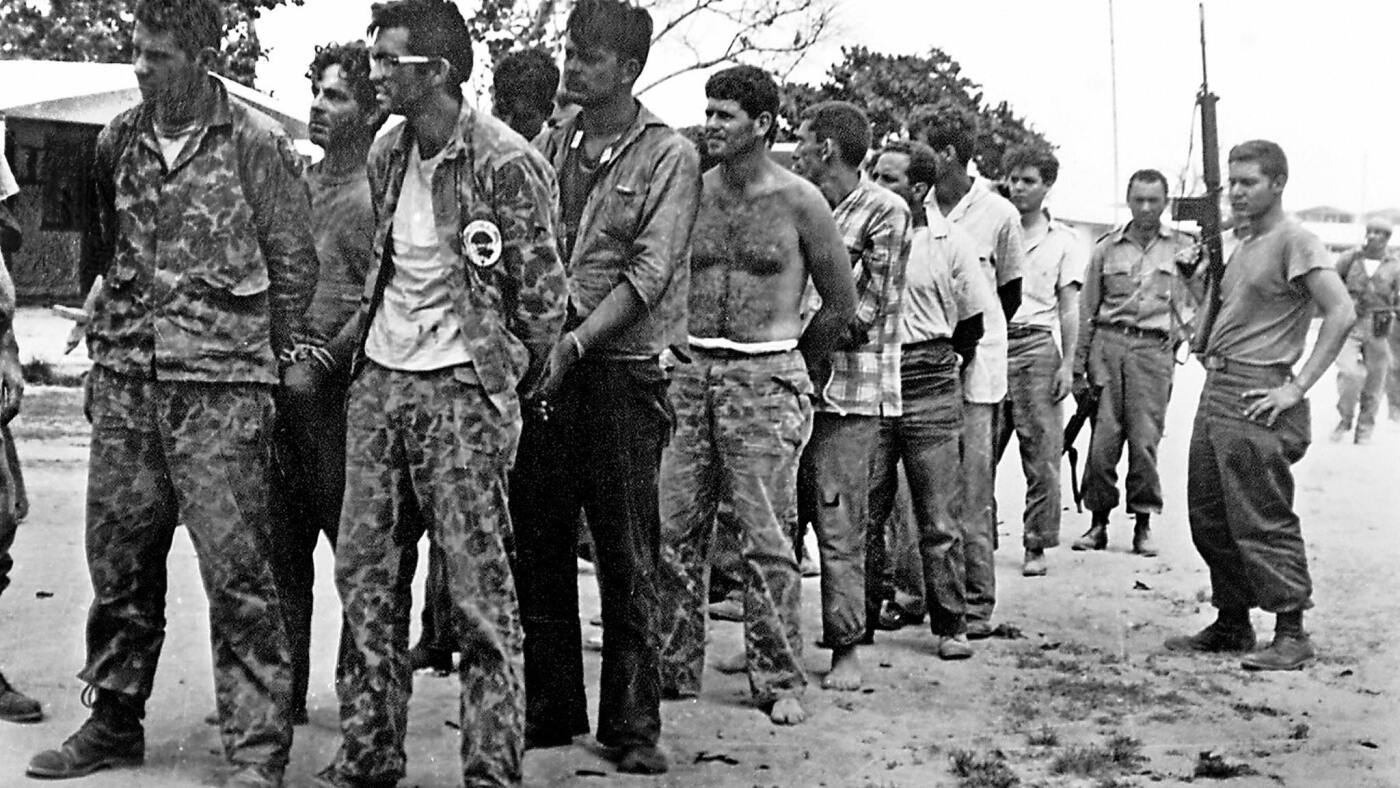## Overview
**American Idol** is a landmark American reality television series that has redefined talent competitions and left an indelible mark on both the entertainment and music industries. The show’s core mission is to discover and promote new singing talent through a nationwide competition, offering contestants a chance at a recording contract, fame, and significant career opportunities[2][3]. Since its debut, American Idol has not only launched the careers of major music stars but also pioneered interactive audience participation, leveraging technology to let viewers vote for their favorites via phone, text, and online platforms[2][5].
## History
American Idol premiered on Fox on June 11, 2002, created by Simon Fuller and adapted from the British series *Pop Idol*[1][3][5]. Hosted initially by Ryan Seacrest and Brian Dunkleman, the show quickly became a cultural phenomenon, blending open auditions, live performances, and the distinctive judging panel of Simon Cowell, Paula Abdul, and Randy Jackson[1][3]. The format—traveling the country to find raw talent, then narrowing the field through televised eliminations—was innovative for its time and spawned countless imitators[2][3].
## Key Achievements
American Idol’s impact is measured both by its ratings and its alumni. The show consistently ranked among the most-watched programs in the U.S., with its first season finale drawing over 22 million viewers[3]. It has produced globally successful artists such as Kelly Clarkson, Carrie Underwood, and Fantasia Barrino, many of whom have won Grammy Awards and sold millions of records worldwide[1][3]. The series also pioneered real-time audience voting, a feature that became a hallmark of modern reality TV and a precursor to today’s interactive digital platforms[2][5].
## Current Status
After an initial 15-season run on Fox ending in 2016, American Idol took a two-year hiatus






